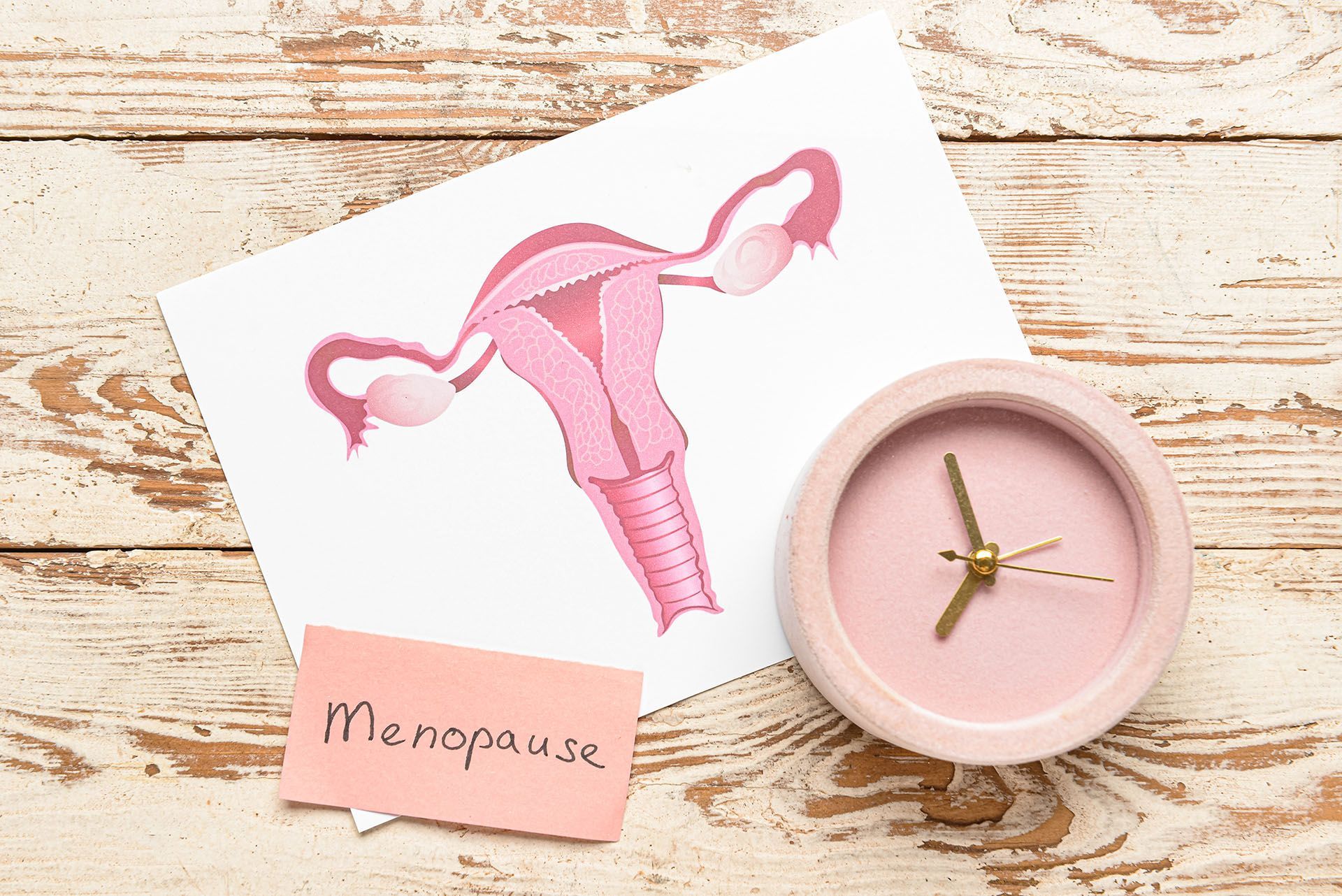When it comes to anal health, many people immediately think of hemorrhoids. However, there are several conditions that mimic hemorrhoid symptoms but require distinct treatments. Misdiagnosing these issues can lead to prolonged discomfort and inappropriate care. Here’s a look at some common conditions that aren't hemorrhoids but deserve your attention.
Anal Fissures
Anal fissures are small tears on the skin of the anus, often causing excruciating pain and bleeding especially during bowel movements. Unlike hemorrhoids, which result from swollen veins, fissures are cuts in the skin due to poor blood flow. They often result from tight sphincter muscles, passing hard stools or chronic constipation. If you suspect an anal fissure, it’s crucial to seek medical advice for appropriate treatment options, which may include dietary adjustments, topical ointments, Botox injection and sometimes surgery.
Anal Skin Tags
Skin tags are harmless growths of skin that can appear around the anal area. While they are benign, they might cause discomfort or irritation, often mistaken for hemorrhoids due to their location. Removing anal skin tags can be purely cosmetic, although in some cases it may be recommended if they cause hygiene problems or irritation.
Condyloma (Genital Warts)
Anal condyloma, or warts, are caused by the human papillomavirus (HPV). They may appear similar to hemorrhoids but have different underlying causes and treatment paths. Left untreated, they can grow and spread, emphasizing the importance of consulting a healthcare provider for proper diagnosis and treatment options like topical agents or surgical removal.
Caution When Using OTC Treatments for Anal Health Issues
Over-the-counter (OTC) treatments for hemorrhoids are often the first line of defense for those experiencing anal discomfort. However, the dangers of using such treatments without proper diagnosis can be significant. Here's why:
Misapplication for Other Conditions
OTC treatments are typically designed for hemorrhoids and might not be suitable for other conditions like anal fissures, infections, condyloma or abscesses. Applying incorrect treatments could not only fail to alleviate symptoms but could also worsen the condition.
Delayed Professional Diagnosis
By relying solely on OTC solutions, individuals may delay seeking professional help, allowing conditions to progress unchecked. This delay can lead to more serious complications that require intensive medical interventions.
Possible Side Effects
Some OTC products may cause adverse reactions including skin irritation or allergic responses. These side effects can further exacerbate discomfort and complicate treatment plans.
Anal Fissures vs. Hemorrhoids: Understanding the Difference
Both anal fissures and hemorrhoids can cause discomfort, itching, and bleeding, making them difficult to distinguish without proper medical evaluation. Understanding their differences ensures the correct treatment approach:
Key Differences
- Causes: Hemorrhoids are swollen blood vessels usually brought on by straining during bowel movements, while fissures are tears in the anal lining often caused by the passage of hard stools.
- Symptoms: Fissures typically cause sharp pain during bowel movements, whereas hemorrhoids can be itchy or feel like a lump near the anus.
- Treatments: Hemorrhoids often respond well to dietary changes and topical ointments, while anal fissures may require specialized creams or even minor surgical procedures for healing.
If you're experiencing symptoms like anal discomfort, bleeding, or lumps, call the office at 832-979-5670 for prompt evaluation and treatment. Accurate diagnosis is key to ensuring you receive the right treatment and avoid unnecessary complications.
SHARE ARTICLE:
SEARCH POST:
RECENT POSTS:






